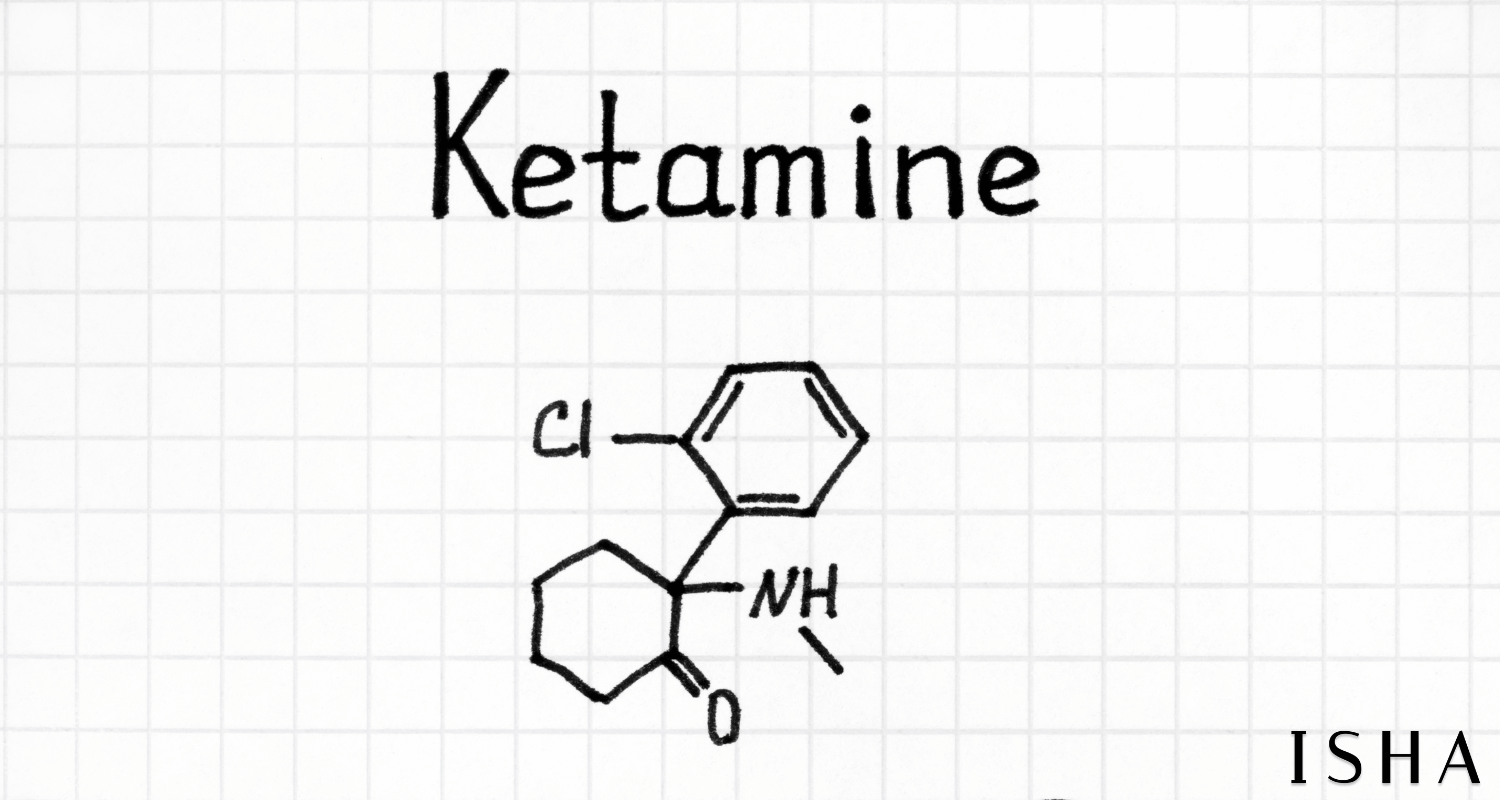Online Ketamine Treatment Available in: AZ, CA, CO, FL, GA, NY, OR, TX, and WA.
Online Ketamine Treatment Available in: AZ, CA, CO, FL, GA, NY, OR, TX, and WA.
FOR PATEINTS
Make an AppointmentpricingOUR TREATMENT APPROACH
Mental Health
July 31, 2023
October 6, 2023
images of anxiety, fear, and discomfort. However, at our at-home ketamine clinic, we believe that even challenging experiences can hold valuable insights and transformative potential. In this blog post, we'll explore what a bad trip truly entails, discuss strategies to avoid it, and guide you on how to make the most of it should it occur. As Michael Pollan, author of "How to Change Your Mind," beautifully stated, "A bad trip can be the most valuable experience of your life. It opens the door to the kind of self-discovery that only comes from confronting your deepest fears."
A bad trip is an intense psychedelic experience characterized by overwhelming negative emotions, anxiety, and distress. It can feel like a rollercoaster ride through the depths of your psyche, where buried fears and unresolved traumas may resurface. During a bad trip, you may encounter hallucinations, paranoia, or a sense of losing control. While these experiences can be uncomfortable and challenging, it's important to remember that they are temporary and often indicative of deep-seated emotional or psychological issues that are surfacing.
One of our clients, Jessica, described her bad trip as a tumultuous journey through her own internal landscape. She shared, "In that vulnerable space, I confronted my deepest fears and insecurities. It was as if the doors to my subconscious swung wide open, revealing layers of emotions I had buried for years." Jessica's experience exemplifies the transformative potential hidden within a bad trip. By shining a light on her fears, she was able to begin the process of healing and growth.
Another aspect of a bad trip is the sense of time distortion. Minutes may feel like hours, and the passage of time can become disorienting. This distortion can intensify the emotional impact of the experience. However, it's important to remember that time is subjective during a psychedelic journey, and the intensity will gradually subside as the effects wear off. Remind yourself that it's part of the journey, and with patience and self-compassion, you can navigate through the challenging moments.
While it's impossible to predict or completely avoid a bad trip, there are strategies to help navigate through challenging moments and minimize the likelihood of negative experiences. First and foremost, creating a supportive environment is crucial. Choose a comfortable and familiar space where you feel safe and secure. Set the stage with soft lighting, calming music, and cherished items that bring you a sense of comfort. Surround yourself with trusted individuals who can provide reassurance and support throughout the journey.
During a bad trip, it's easy to become overwhelmed by the intensity of emotions and sensations. This is where mindfulness practices can be incredibly beneficial. Focus on your breath as an anchor to the present moment. Breathe deeply and consciously, allowing the breath to guide you back to a state of calm and centeredness. Engaging in grounding techniques, such as feeling the weight of your body on the ground or touching objects with different textures, can also help anchor you in reality and provide a sense of stability.
Remember, a bad trip does not define the entire journey. It's a part of the transformative process that unfolds during a psychedelic experience. Embracing discomfort and facing fears can lead to profound insights and personal growth. As renowned author Joseph Campbell once said, "The cave you fear to enter holds the treasure you seek." In the depths of a challenging trip, there is an opportunity to confront and heal the aspects of yourself that are calling for attention.
In the next part of this blog post, we will delve into strategies to avoid a bad trip and how to make the most of it if it occurs. Stay tuned for valuable insights and guidance on your psychedelic journey of self-discovery and healing.
The information provided in this blog post is for educational purposes only and should not replace professional medical advice. If you are considering psychedelic experiences, it is important to consult with trained healthcare professionals who can guide you safely and responsibly.
Get the latest insights on psychedelic therapy, mental health, and innovative treatments—straight to your inbox.
Sign up
for the
Isha Health
Newsletter
More on
Mental Health
This website has been reviewed by Isha Health California, P.C. and should not be used as medical advice in place of a licensed psychiatric clinician.
IN CASE OF EMERGENCY:
If you are in a life-threatening situation, don’t use this site. Call, text, or chat 988 or 1-800-273-TALK (8255), or use these resources to get immediate help.



.png)

.png)
.png)
.png)
.png)
.png)






.png)
.png)
.png)
.png)









.png)




.png)
.png)
.png)



.png)










.png)
.png)





.png)



.png)



.png)
.png)
.png)
.jpg)

.png)
.jpg)
.png)
.png)

.jpg)

.png)
.png)
.png)

.png)




%202.png)
.png)



.png)
.png)
.png)
.png)
.png)
.png)
.png)